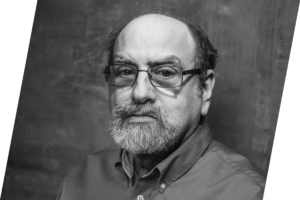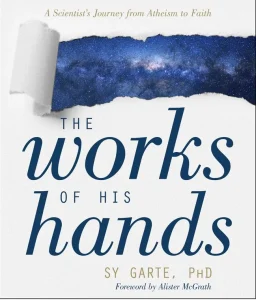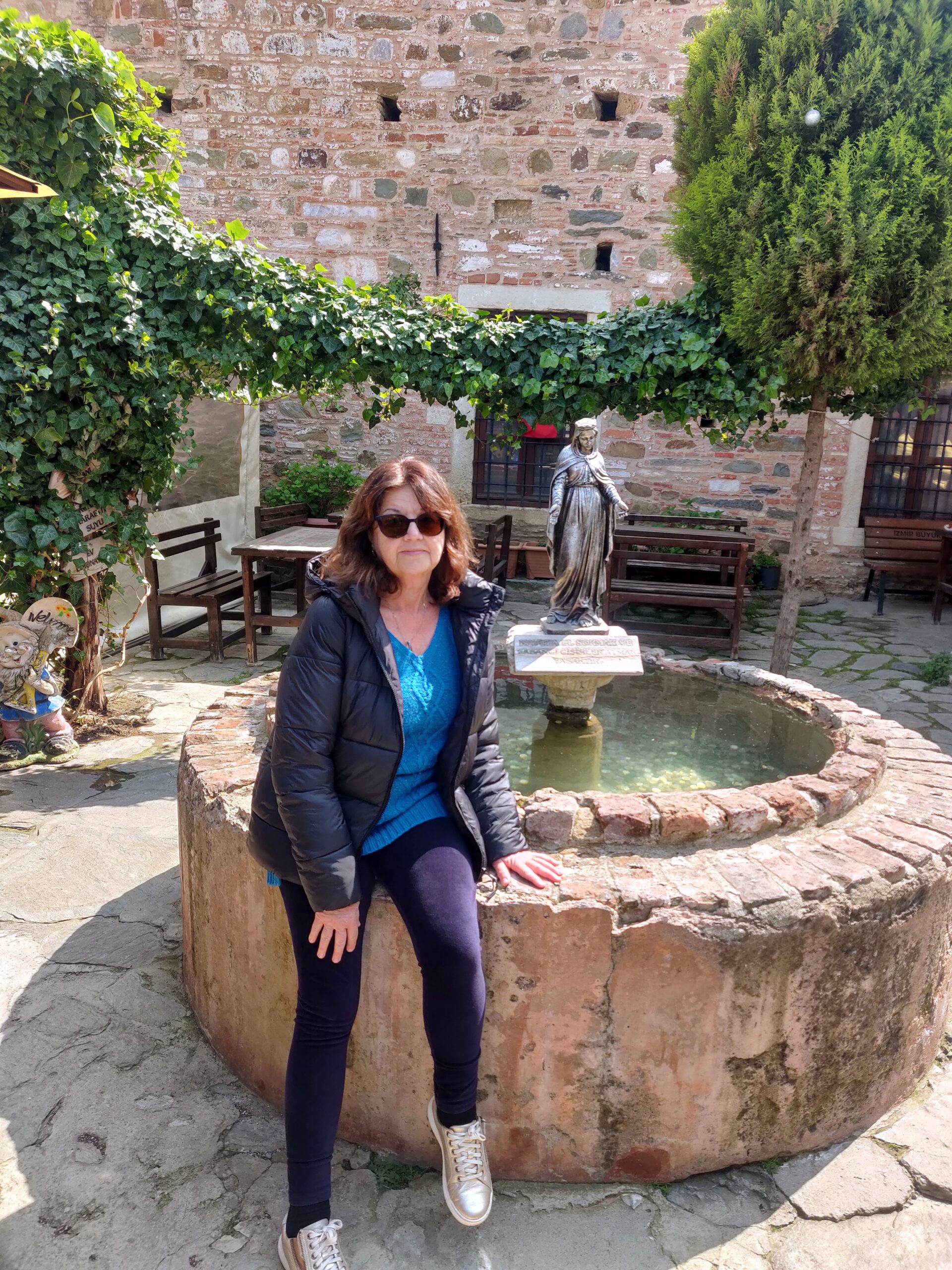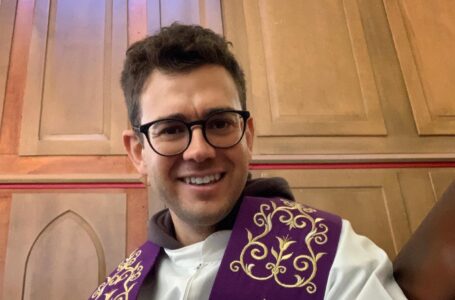Dr Seymore Garte: A Scientist’s Journey From Atheism to Faith


When I was an atheist, I believed there was no evidence for God, but that science was truth. Then science showed me there was no evidence for atheism – Dr Sy Garte, PhD in Biochemistry
Questions featuring the relation between the most recent scientific evidence and the existence of God are ones that are hotly debated in our society (and rightly so). The positions taken are many – some say that God and science do not go hand in hand – even that science has, in some sense, done away with the “proofs” for the existence of God. Is this so?
Today we will make recourse to a highly respected Biochemist – someone who was, for most of their life, a staunch atheist. His name Sy Garte. What is so striking about Dr Garte is the fact that it was science per se – his own research – which compelled him to discover God’s existence. The question is: what exactly was it that helped him understand that a divine reality (i.e. and ultimately that the Christian God) actually exists?
Garte’s primary work is his award-winning book titled, The Works of His Hands: A Scientist’s Journey from Atheism to Faith (Kregel Publications, 2019). Here, Garte competently explores physics, philosophy of science, quantum entanglement, mathematics, evolution, consciousness, and the fight for morality and justice, all in a fast-moving personal story that’s rather humorous at points and heart-wrenching in others. He begins the book by affirming the importance of questioning. Raised in a militant anti-religious (communist) family, he narrates how “my parents’ atheism was indeed a deeply felt religious belief, and that it was successfully transmitted to and accepted by me at a very young age”. His faith, in other words, was in atheism. In this respect, Garte confesses that “like all faiths, the faith I was born into raised questions. And like all faiths, mine had ready answers for most of these questions”. The questions raised were: “why are we here? what is our purpose?”. But in light of his Marxist (communist) context, the answer to these questions were clear to him: “to work for the betterment of all humanity, to strive for fairness and justice in the world for all, to defeat the evil forces of superstition, oppression, and hatred”. All “good answers”, he concludes.
In this respect, however, while acknowledging the plausibility of such answers, Garte realised that there was a problem with the Marxist framework: “but even early in my life, I sensed a problem with them”. Thus, in a quasi-Lewisian fashion, Garte asked, “if there is no concept of fairness in nature (no objective standard), and if humans are nothing more than natural beings, why should they be fair?”:
where did the subversive concepts of fairness and justice come from? What was their source if it wasn’t from the natural world?

According to an atheistic framework, capitalists are simply acting out the pseudo-Darwinist prerogative of the survival of the fittest. At first, Garte approached these questions by adopting a purely Darwinist approach: “the answer I came up with was that humans had somehow evolved to a higher level in the midst of a cruel and uncaring world, that humans had evolved a sense of purpose and a potential for further growth and development”. He continues here, writing, “I felt that through an evolutionary quirk (what Richard Dawkins later referred to as a “spandrel”), humans had become a unique species of animal that could feel, think, and create”. In this vein, Garte understood that we humans had “evolved from the natural world, but [he] also came to see that we were something more”. We could create beauty, we could change our lives, we could love. All of these unique capacities, he writes, “were vague and uncertain ideas, pretty well lost in the maelstrom of anti-religious views that dominated my mind”.
Until it all changed. And because?
It would not do justice to explore the rigorous scientific evidence that Garte outlines in the book in such a limited space. What I suggest, rather, is for anyone who is sincerely curious to explore the book, authentically. What can be said for certain is that the book manages to show that, the common idea that to be a Christian one must park one’s mind at the doors of the church before entering, is a myth. Garte’s journey is testament of one who searched lengthily for the truth and who let the truth itself guide him – through the means of his own rigorous discipline. He is a brilliant example of a Christian following Jesus’s command to love God with our minds (Matt. 22:37).
 Check out Sy Garte’s website in which one can provide feedback about the book, post a review, or ask questions.
Check out Sy Garte’s website in which one can provide feedback about the book, post a review, or ask questions.
Dr. Garte’s book “The Works of His Hands“.
See More – Top-popes-quotes-about-science













